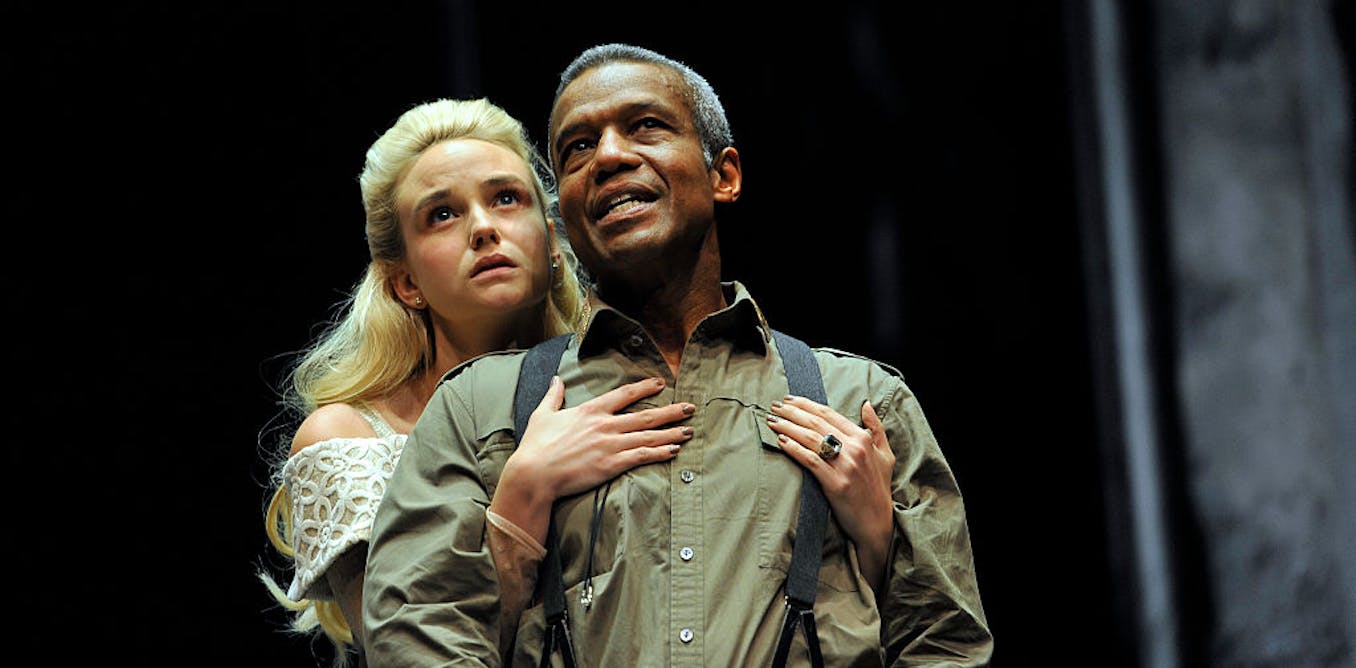
""In this year's issue, we focus on the impact of caring and sharing on people's happiness. Like 'mercy' in Shakespeare's 'Merchant of Venice,' caring is 'twice-blessed' - it blesses those who give and those who receive.""
""The experience of emotions is grounded in both the body and the mind, influenced by human physiology and culture in ways that change depending on time and place.""
""Happiness has a history. I study emotions and early modern literature, so I spend a lot of my time thinking about what Shakespeare has to say about what makes people happy, in his own time and in our own.""
""Happiness derives from the Old Norse word 'hap,' which meant 'fortune' or 'luck,' as historians Phil Withington and Darrin McMahon explain.""
The World Happiness Report, first issued in 2012, ranks the United States 24th globally, highlighting a deep dive into the intricacies of happiness. This year's edition emphasizes the significance of caring and sharing, echoing themes from Shakespeare's works. Shakespeare's insights reveal that happiness extends beyond fleeting positive emotions, intertwining with complex social experiences shaped by culture and context. From its Old Norse roots meaning âfortune,â the concept of happiness varies widely based on individual experiences and societal interactions, marking a historical evolution worthy of exploration.
Read at The Conversation
Unable to calculate read time
Collection
[
|
...
]